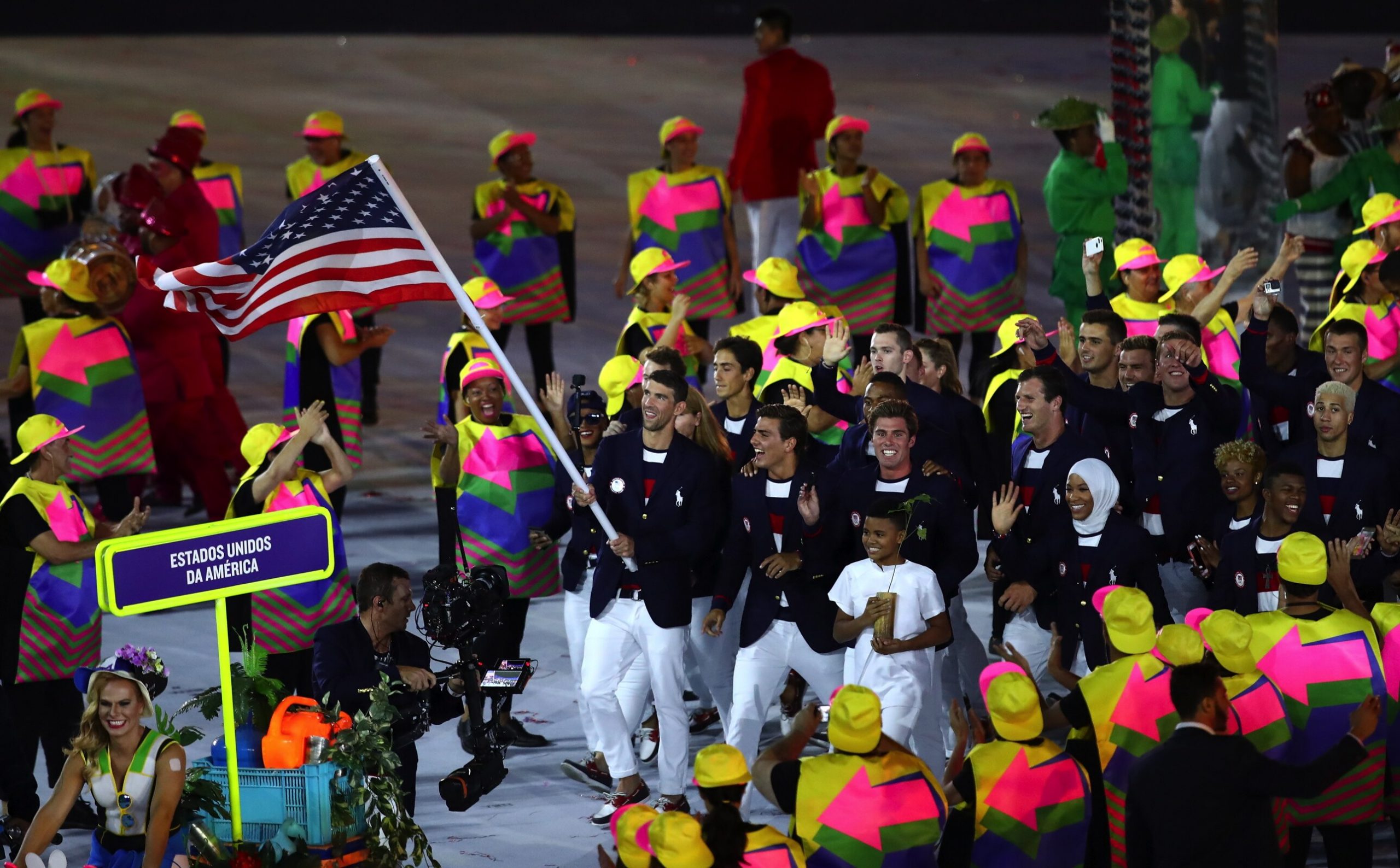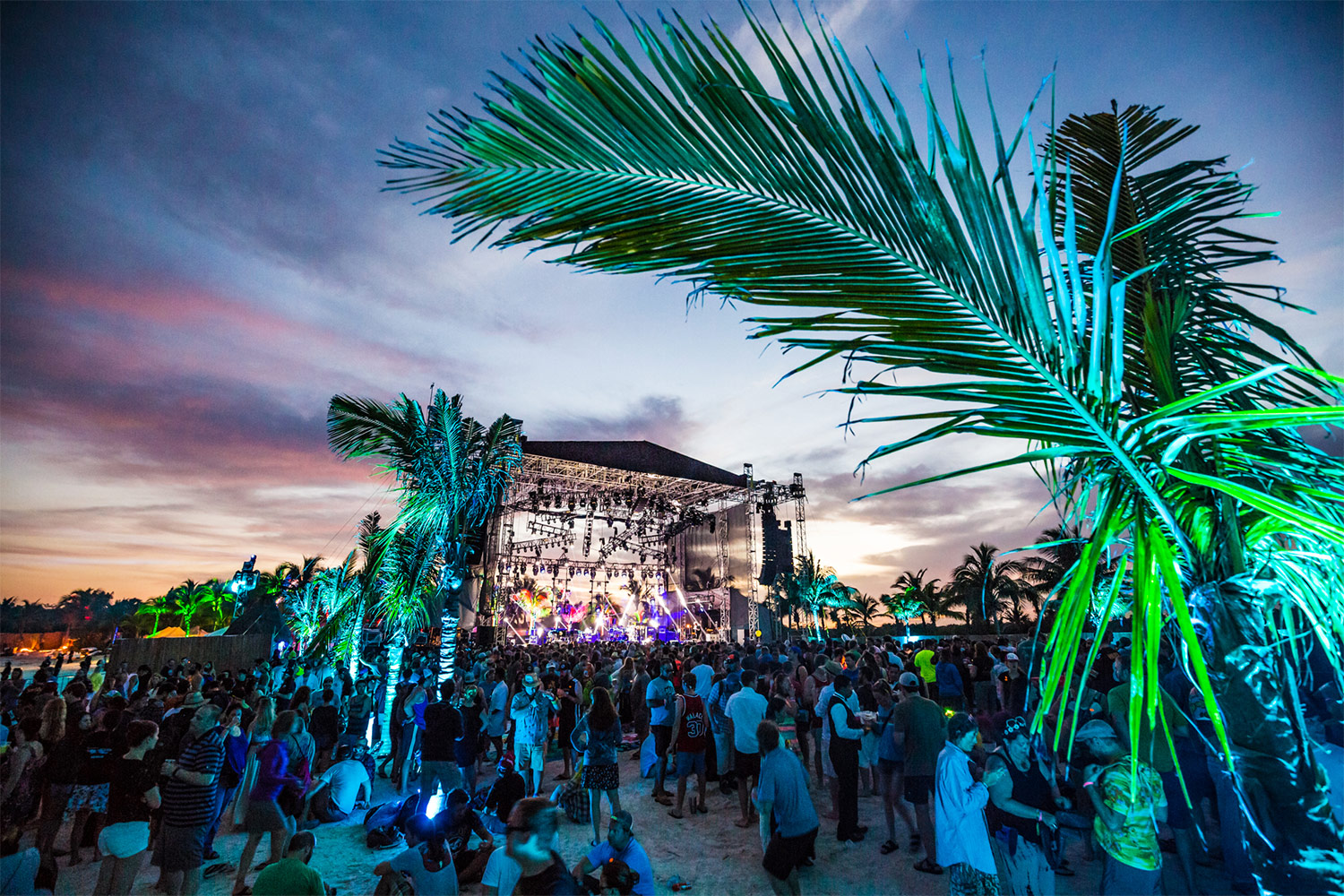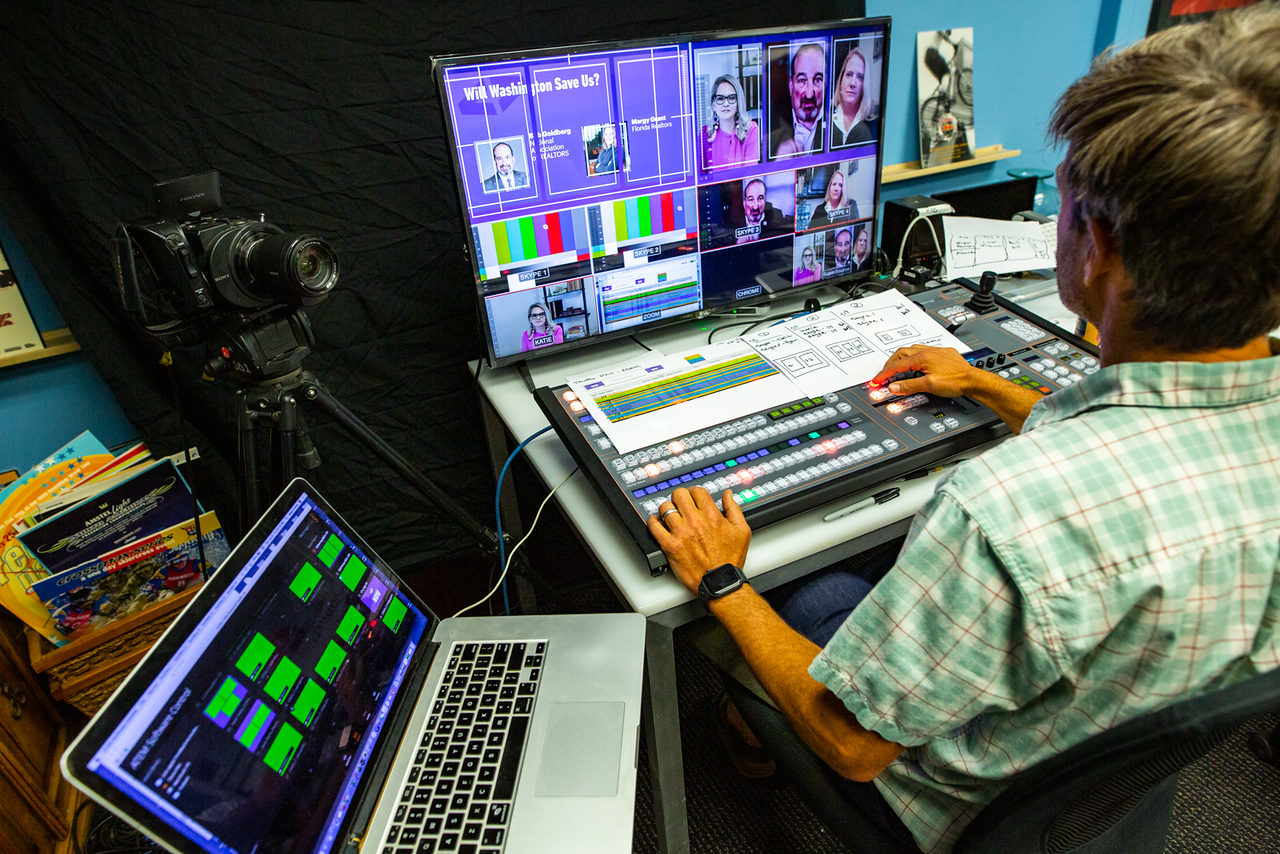The COVID-19 pandemic has sent rippling effects through the sports world, bringing all competition to a screeching halt. Some NCAA conference tournaments literally stopped midgame with teams never returning from the halftime intermission while some never even tipped off. March Madness was not to be and the NBA and NHL seasons are on an extended hiatus with only speculation for a potential return date. The start of the MLB season has been delayed and no one can say for certain what the NFL will look like come opening kick off.
Globally, it’s a similar picture. Although some professional basketball, baseball and soccer leagues overseas have resumed play — or have scheduled return dates — with no fans in attendance, it is a far cry from normal competition.
And most notably, the Summer Olympics, originally scheduled for July 2020 in Tokyo will now take place the following year, late July and early August 2021.
With the help of Dragonfli Media’s Michael Jaquet, let’s take a look at how a postponed Olympics will affect a number of parties from television and advertisers to sponsors, National Governing Bodies (NGBs) and International Federations (IFs) — and of course, the athletes. Formerly CMO for the U.S. Ski and Snowboard Teams, Jaquet now oversees sponsorship sales and media rights at Dragonfli for a number of NGBs including USA Cycling, USA Skateboarding, USA Nordic Sports, the International Surfing Association and FIBA.

The entities coming out with possibly the most upside are the NGBs. The year following each Olympic Games is typically the slowest in terms of sponsor activations and revenue for the NGBs. Now, they will have another 16 months leading into 2021 to continue to sell sponsorships ahead of the Summer Games. The postponement also means a shorter window before they will begin negotiating new deals for the 2024 Games in Paris.
“It’s a huge opportunity because it gives another year-plus of a sales window,” Jaquet said. “Brands with deals in place need to extend deals and activation efforts and brands who felt they didn’t have time prior to this summer can take another look.”
Things are not as cheery for the International Olympic Committee (IOC) and United States Olympic & Paralympic Committee (USOPC) as both are facing potential cash flow issues. The IOC is responsible for managing all revenue from the Games (TV rights, ticketing, global sponsorship) and then distributing profits to pay themselves and then the International Federations. In turn, the IFs pay the National Olympic Organizations who then pay the NGBs and the athletes.
With the games postponed for a year, so is the stream of money. USOPC has been forced to cut budgets, defer salaries and bonus structures and even initiate layoffs and furloughs. So have most NGBs and athletes are struggling to extend training for another year.
It is somewhat murky waters for Olympic television partner, NBC. With over $1 billion in Tokyo Olympic advertising already sold, the network will be looking at ways to rollover those deals to 2021 while continuing to sell new inventory as well. There is, however, a possibility the postponement could help generate even more revenue, but many of those questions are dependent on the state of the economy and a robust advertising market.
NBC executives are likely discreetly celebrating their upcoming programming schedule from July 2021 through February 2022, which will feature the rescheduled Tokyo Games, the NFL’s Sunday Night Football and Super Bowl LVI, and the Beijing Winter Games.
“NBC has the potential to run the most advertising dollars in television history over a six month period,” Jaquet said. “The Olympics will be at the front of everyone’s mind for a very compact time with perhaps the most-watched NFL season of all-time as well with a ton of pent-up interest and demand.”
Jaquet notes NBC has the chance to sell more than $3 billion worth of advertising in that six month period. However, there is one potential snafu — some advertisers might not want to spend that much with one network in that short of a timeframe.
“There’s always a good chance for many brands chasing available ratings points,” Jaquet added. “I think the audience will be huge with patriotism and global events taking on new meaning. So if you can deliver against the Olympic sponsors and make other spots available, and if the market is back, it could be a perfect storm of spending.”

There is no doubt the stars of the show, the athletes, will be faced with many challenges from a competition standpoint alone. Many follow strict training programs and peaking strategies that have been upended while others may see a year of their prime competing window pass them by.
Will the IOC or governing bodies allow rosters to be changed due to the postponement? That remains to be seen. It is hard to imagine older athletes will benefit from a delayed year of competition.
From a financial standpoint, some sponsors, including Visa and Toyota, are extending athlete contracts to provide incremental payment. However, some athletes are on expiring deals that won’t renew ahead of the rescheduled games.
There is a litany of clichés that can be applied, and well, they’re all true. No one knows for sure what the future holds or when the next sporting event will be and what it will look like.
With an eye towards the 2021 Olympic Games, however, there is hope.
“One extra year creates more time and possibilities for brands to extend or get into new Olympic efforts,” Jaquet said. “That timetable certainly creates more opportunity.”


